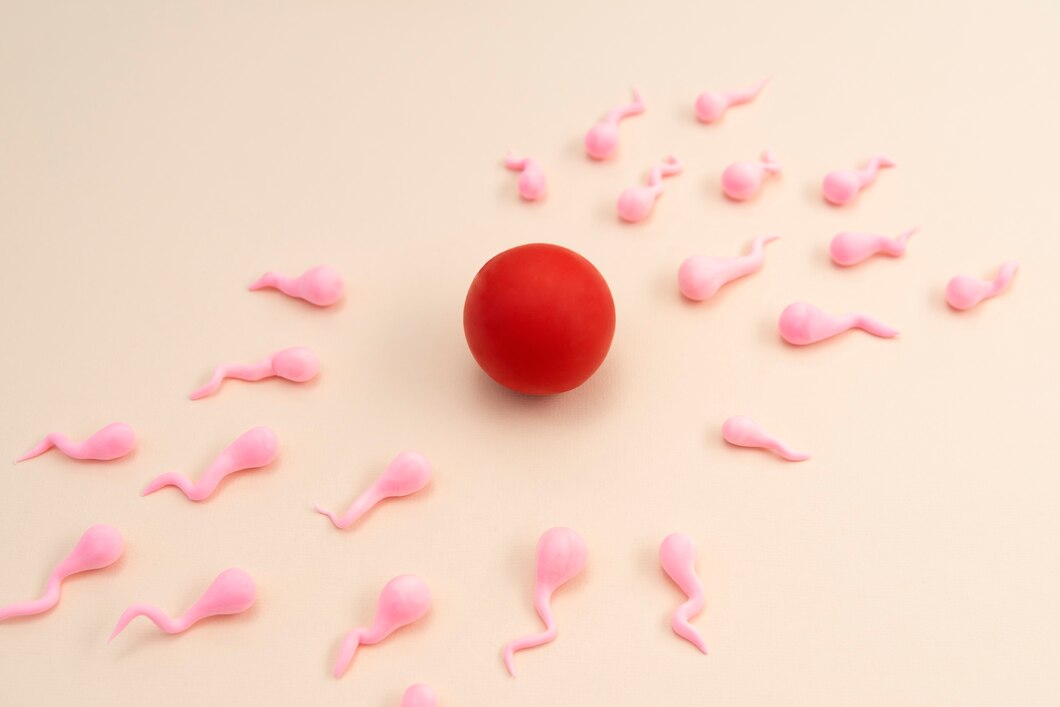
| Salah | Time |
|---|---|
| Fajr | 5:06 AM |
| Dhuhr | 1:01 PM |
| Asr | 4:37 PM |
| Maghrib | 7:24 PM |
| Isha | 8:54 PM |
Ruling on Donor Eggs or Sperm in Artificial Insemination
Question
What is the ruling on artificial insemination using eggs or sperm from someone other than the spouses, or using a surrogate mother? To whom should the child be attributed in such cases?
Bottom Line
Mixing donors into marriage is chaos. Stick to your own egg and sperm. Using donor eggs, donor sperm, or a surrogate is haram in Islam.
Quick Answer
Islam only permits artificial insemination using the husband’s sperm and the wife’s egg, placed in her womb. Any use of third-party sperm, eggs, or surrogate mothers is forbidden because it disrupts the clarity of lineage. The child resulting from such means is attributed to the woman who carries and gives birth, though if the donor is ever accepted without dispute, the child may be named after him, but this never justifies the act.
Key Points
- Fertility treatments are only valid between husband and wife.
- Introducing third-party donors or surrogates is haram for undermining lineage (nasab).
- The child is attributed to the birth mother.
- The hadith “The child belongs to the marital bed…” applies when parentage is disputed.
- Preservation of clear lineage is a critical objective of Shariah.
Detailed Answer
Seeking infertility treatment is allowed when the process doesn’t compromise Islamic principles. However, using third-party genetic material or surrogacy introduces adultery-like confusion in parentage, which Islam strictly prohibits.
Preserving Lineage and Parentage
Allah instructs Muslims to honor lineage:
“Call them by [the names of] their fathers; that is more just in the sight of Allah.” Qur’an 33:5
The Prophet ﷺ affirmed this priority:
“The child belongs to the marital bed, and for the adulterer is the stone.” Sahih al-Bukhari 2053; Sahih Muslim 1457
Those responsible for issuing rulings like Ibn ʿUthaymīn and al-Nawawi insist that the integrity of lineage must be maintained.
Attribution of the Child
A child born through prohibited means remains innocent and must not be blamed. Legally, the child belongs to the mother who gave birth. Even if the sperm donor later claims parentage, Islam prioritizes birth-connected lineage.
What This Means for You
If you’re exploring fertility treatments, you can pursue legitimate options like IVF using your own sperm and egg — learn more in our guide on IVF and test-tube babies in Islam. However, avoid treatments like using donor gametes or surrogacy, which Islam prohibits, and see why surrogacy is not allowed in Islam. Consult a qualified scholar before making decisions to ensure you’re within halal boundaries.
And Allah knows best
References
Primary Sources
- Qur’an 33:5: Affirms honoring lineage.
- Sahih al-Bukhari 2053: The child belongs to the marital bed.
- Sahih Muslim 1457: Ruling on child attribution in disputes.
Secondary Sources
- Al-Nawawi, Sharh Sahih Muslim: Commentary on damaging lineage.
- Ibn Qudāmah, al-Mughnī, vol. 9: Detailed rulings on nasab.
- Islamic Fiqh Academy Resolution 16/3 (1986): Official ruling on IVF and lineage protection.
Modern Research & Reports
- CDC ART Report: Donor cycles show higher complications and lower success rates.
- PubMed (2022): Donor egg pregnancies linked to higher risks of pre-eclampsia and immune complications.
- PubMed (2018): Surrogate and donor mothers face psychological stress and post-birth trauma.
Was this helpful?
Leave Your Comments Cancel reply
© Copyright 2025, All Rights Reserved
